Commuters suffer as transporters hike fares
Recent spike in diesel prices has also inflated cost of transporting essential supplies
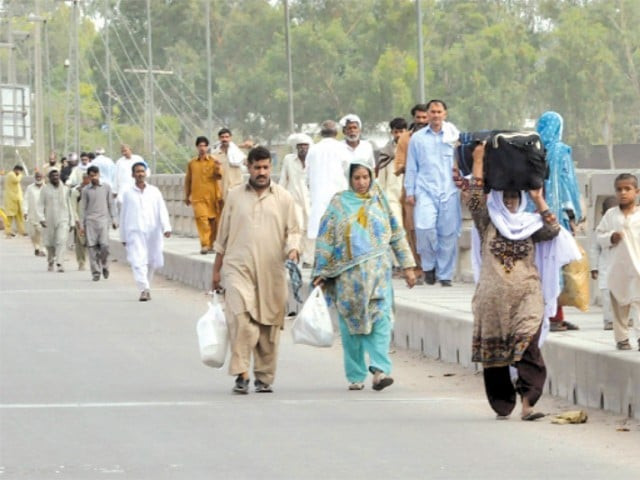
In the wake of a sustained and steep rise in petrol and diesel prices, transport operators across all routes in the twin cities of Rawalpindi and Islamabad implemented significant fare hikes on Wednesday.
The increases has affected all modes of transportation in Rawalpindi and Islamabad, including local, intercity, and long-distance travel.
A recent Rs11 per litre spike in diesel prices has also inflated the cost of transporting essential food supplies, raising concerns over an impending wave of inflation. Public transport fares have risen by Rs5 to Rs15 per passenger, sparking widespread frustration among commuters.
Local rickshaws, taxis, and Qingqi rickshaws have followed suit, increasing per-passenger fares. Motorcycle ride-hailing services such as Bykea have raised their minimum fare to Rs100. Meanwhile, minibuses, wagons, and coasters have begun charging passengers additional fees for carrying luggage.
Pakistan Railways has also announced plans to revise its fare structure. In parallel, goods transporters have collectively agreed on a 10% increase in freight charges for both intercity and long-route deliveries.
Muhammad Faisal, the vice-president of the Goods Transport Union, explains that transporters refrained from raising fares following the previous fuel price hike on July 1. However, the latest diesel price increase — pushing rates to an all-time high of Rs. 284 per liter — has left them with no viable alternative but to adjust fares.
Asif Khan, the vice-president of the Transport Federation, criticised the government's continued price hikes over the past six weeks. He noted that in the open market, the prices of tires, spare parts, and mechanical services have soared by 500% to 800%. Additionally, he highlighted rising traffic fines and penalties, all of which have pushed the transport sector to the verge of collapse.
The impact of fare hikes is already visible, with a sharp decline in passenger numbers. "Where families once traveled together for weddings and funerals, now only one or two members make the journey due to rising costs," Khan said.
He warned that if fuel prices, spare parts, motorway tolls, and vehicle costs continue to escalate, many small transport businesses will shut down, leading to increased unemployment.
Faizan Ali, a Bykea motorcycle operator, echoed these concerns. "Our regular riders were those paying Rs50 to Rs100. With fares nearly doubling, many can no longer afford the service. Now, two passengers often share a single ride to split the cost."
He further noted the disparity between international and domestic trends: "Global fuel prices are falling, yet locally, we continue to raise them."
Citizens have criticised the government's decision, pointing out that global oil prices have dropped to a historic low of $65 per barrel, yet Pakistan has increased domestic prices.
They termed it a cruel move and demanded immediate price reductions.
Citizens noted that during the PTI government, global oil prices were around $120 per barrel while petrol in Pakistan was priced between Rs150-155 per litre.

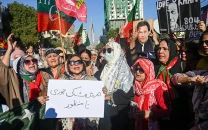


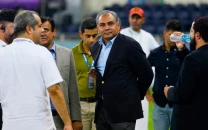

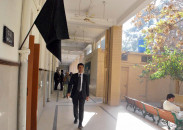
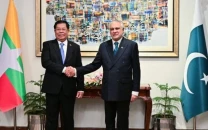











COMMENTS
Comments are moderated and generally will be posted if they are on-topic and not abusive.
For more information, please see our Comments FAQ